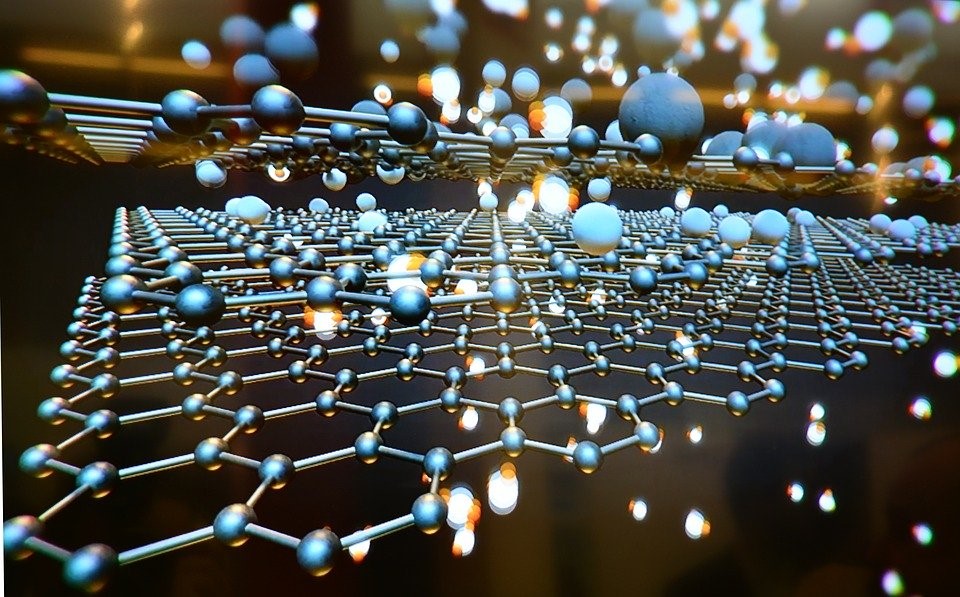DirectSepa: A new EIC Pathfinder project to revolutionize the two-dimensional materials production market

date: 30/07/2020
Two-dimensional materials are currently amongst the most intensively studied classes of materials, as they hold great promise for future applications in multiple technological areas. Even though these materials will probably play the crucial role in future technological progress, their industrial synthesis still has some issues that need to be resolved – e.g. slow process, inefficiency, and environmentally unfriendliness.
The DirectSepa project wants to deal with some of these hurdles concerning use of such promising materials. The main problem is the lack of effective mass production and transfer techniques of high-quality two-dimensional materials to satisfy the growing demands for scientific and technological applications.
DirectSepa follows the outcomes of the ongoing Pathfinder (FET-Open) project LMCat, which analyses a radically new synthesis method for two-dimensional materials, using liquid-metal catalysts. Both projects, LMCat and DirectSepa, are led by the same person, Dr. Irene Groot, an expert in industrial processes related to sustainable energy and materials production.
As the researchers stated in the project proposal:
“The major success of the LMCat project has motivated us to follow up on this via this industrially oriented proposal with the aim of demonstrating the possibility of continuous graphene production via performing its simultaneous growth and its direct separation from the liquid-metal catalyst.”
The project coordinator, Dr. Irene Groot adds:
“If DirectSepa will manage to remove graphene from the liquid catalyst during its growth, the deterioration of graphene quality due to cool down after its growth will be a thing of the past.”
The project starts in January 2021 and will run for 24 months, until December 2023. Among the participating organizations are research institutions from the Netherlands, Germany, France and Greece. The coordinating institution is Leiden University.
DirectSepa was selected among 28 proposals submitted for the 2019 the EIC Transition to Innovation Activities call (FETPROACT-EIC-06-2019). The call sought for promising technologies as they were at the end of a typical FET-Open or FET Proactive project (i.e., TRL 2/3) to a level of development, validation and demonstration where they became a credible basis for entrepreneurship, business creation, investment and, ultimately, economic and/or societal returns. The call invited applications to further develop results from previous or on-going FET projects in the 5 areas: micro and nano-technologies (where DirectSepa had applied), artificial intelligence and advanced robotics, technologies for the life sciences, health and treatment, low-carbon energy and climate change technologies and interaction technologies.
Background information
FET-Open and FET Proactive are now part of the Enhanced European Innovation Council (EIC) Pilot (specifically the Pathfinder), the new home for deep-tech research and innovation in Horizon 2020, the EU funding programme for research and innovation.
